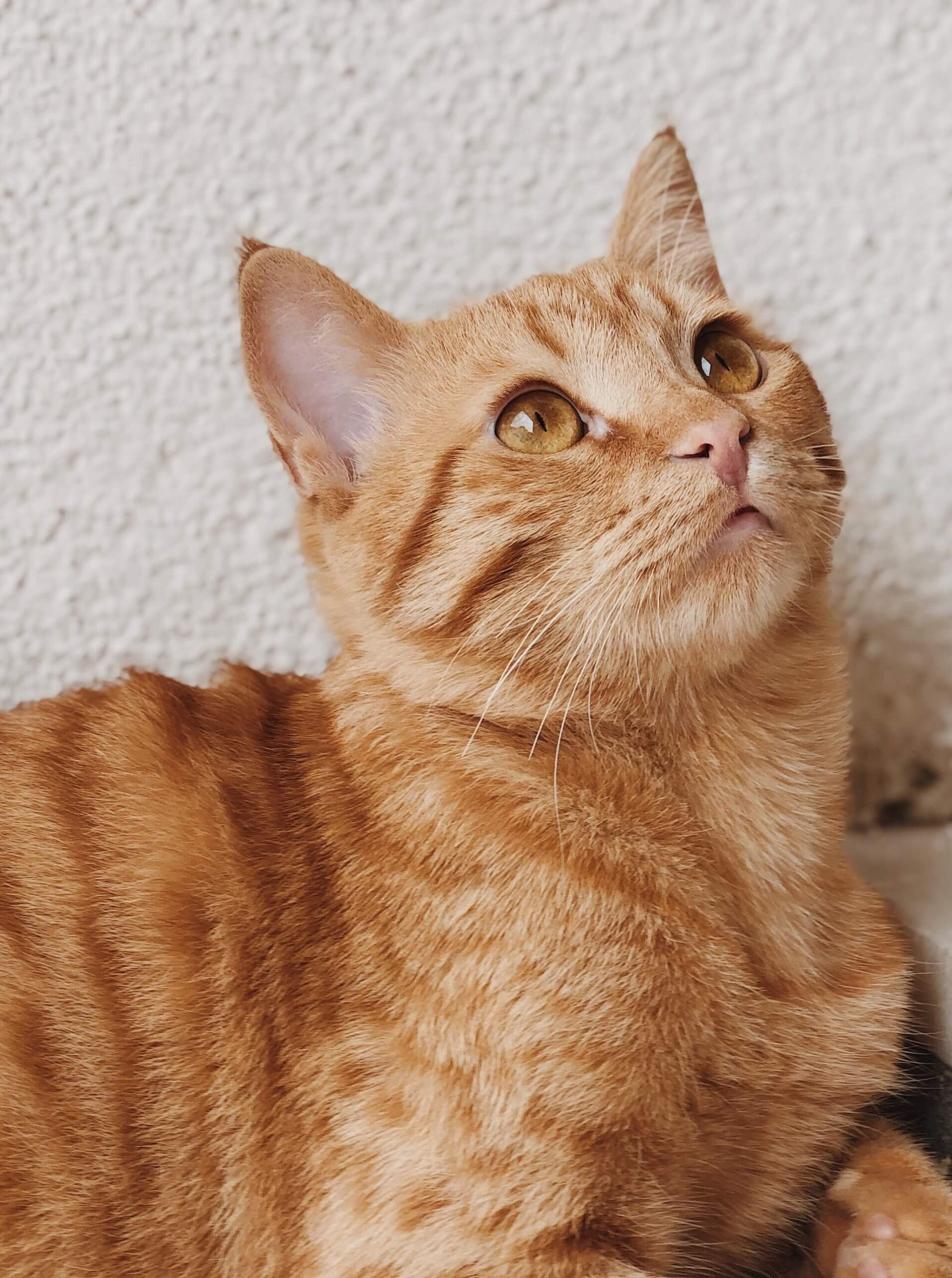As your feline friend ages, their needs and requirements change. Senior cats, typically considered those over the age of 7, may require special attention and care to ensure they lead comfortable and healthy lives. In this article, we will explore what to expect when caring for senior cats and provide guidance on how to provide them with the best care.
Understanding the Aging Process
Just like humans, cats undergo various physical and behavioral changes as they age. It’s crucial to be aware of these changes to provide appropriate care:
1. Decreased Activity: Senior cats tend to become less active. They may no longer have the energy or desire for rigorous play.
2. Joint Issues: Arthritis and joint pain are common in older cats. You might notice stiffness when they walk or difficulty jumping.
3. Dental Problems: Dental issues become more prevalent with age. Regular dental check-ups are essential.
4. Weight Changes: Some cats may lose weight due to a decrease in muscle mass, while others may gain weight due to reduced activity and metabolism.
5. Changes in Senses: Cats may experience a decline in vision and hearing. They might become more reliant on their sense of smell.
6. Behavioral Changes: Seniors can display changes in behavior, such as increased vocalization, confusion, or disorientation.
Providing the Best Care
1. Regular Veterinary Check-ups: Senior cats benefit from more frequent vet visits. Your veterinarian can catch and address age-related health issues early.
2. Balanced Diet: Consult with your vet to choose a senior cat food formulated to meet their specific nutritional needs. Weight management is crucial; ensure they neither gain nor lose too much weight.
3. Joint Care: If your cat has joint issues, discuss supplements or medications with your vet. Provide comfortable resting spots and easy access to their favorite spots.
4. Dental Health: Dental problems can lead to various health issues. Regular dental check-ups and tooth brushing can prevent these problems.
5. Environmental Adaptations: Make your home senior-cat-friendly. Provide easy-to-access litter boxes, soft bedding, and ramps or steps to help them reach higher places.
6. Mental Stimulation: Although less active, senior cats still need mental stimulation. Interactive toys, puzzle feeders, and gentle play can keep their minds engaged.
7. Grooming Assistance: Senior cats may have trouble grooming themselves, especially in hard-to-reach areas. Regular brushing can help maintain their coat and reduce matting.
8. Emotional Support: Spend quality time with your senior cat. They may become more attached and seek comfort and companionship.
Signs of Trouble
It’s essential to be vigilant for signs of health issues in senior cats:
1. Sudden Weight Loss or Gain: This can indicate underlying health problems.
2. Changes in Appetite or Thirst: An increase or decrease in eating and drinking habits could be a sign of illness.
3. Difficulty Urinating or Defecating: This may indicate kidney issues or constipation.
4. Lethargy: A lack of energy or excessive sleeping can be a sign of health concerns.
5. Vomiting or Diarrhea: Frequent gastrointestinal issues may indicate digestive problems.
6. Changes in Behavior: Watch for increased aggression, confusion, or a decrease in social interaction.
If you notice any of these signs, consult your veterinarian promptly. Early detection and treatment can significantly improve the quality of life for senior cats.
Quality of Life Considerations
When caring for senior cats, it’s essential to balance their comfort and quality of life. There may come a point where difficult decisions need to be made regarding their medical care. Discuss options, including palliative care and euthanasia, with your veterinarian to ensure your cat’s well-being.
In conclusion, caring for senior cats requires attention, understanding, and patience. By providing proper veterinary care, a balanced diet, and a loving home environment, you can ensure your feline companion enjoys their golden years with the comfort and care they deserve.



